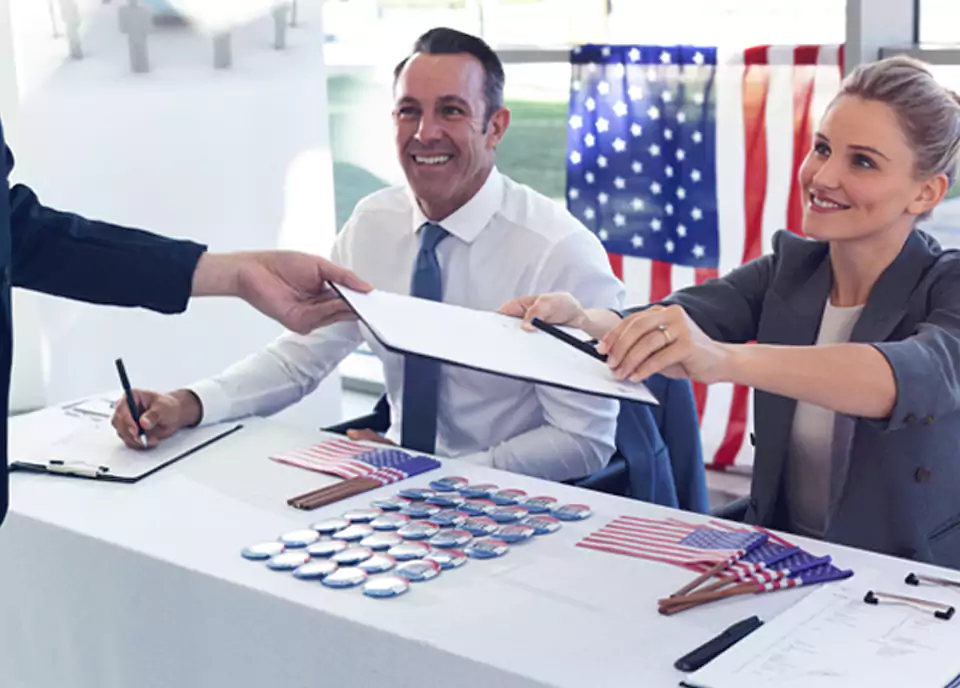ADB CRO facilitates smooth communication with the FDA, providing comprehensive US agent services to help you navigate regulatory requirements and ensure compliance with all FDA standards for successful market access and product approval.
Foreign medical device companies entering the U.S. market must be aware of the FDA’s U.S. Agent requirement. Under FDA regulations, any foreign establishment that manufactures or processes a device imported into the United States must designate a U.S. Agent for that establishment. This rule applies to a broad range of foreign entities – from device manufacturers and exporters to contract manufacturers and sterilizers – if their products are imported or offered for import into the U.S. The U.S. Agent acts as a liaison between the FDA and the foreign manufacturer, helping ensure that critical regulatory information and communications reach the right people in a timely manner.
The U.S. Agent requirement is codified in 21 CFR 807.40, which links U.S. Agent designation to the device establishment registration process. In practice, a foreign company cannot complete its FDA establishment registration or list its medical devices for U.S. distribution without providing U.S. Agent information. Each foreign establishment may designate only one U.S. Agent at a time, even if the company has multiple products or importers. This designation is made electronically through FDA’s Unified Registration and Listing System (FURLS) during initial registration and any subsequent updates. As part of registration, companies must submit the agent’s name, address, telephone, and email contact details. The FDA will verify the designation by prompting the chosen U.S. Agent to confirm their agreement to serve.

Primarily, it is to ensure reliable and rapid communication. Time zone differences, language barriers, and international logistics can delay critical correspondence. The FDA uses the U.S. Agent as a single point of contact on U.S. soil to streamline interactions. For example, if the FDA needs clarification about a device or must inform a company of an upcoming inspection, contacting a U.S. Agent is often faster and more effective than trying to reach management overseas. In fact, FDA regulations state that providing information or documents to the U.S. Agent is considered equivalent to providing them to the foreign manufacturer. This means once the FDA notifies the U.S. Agent, legally the company is deemed to have been notified. The foreign company bears responsibility for any actions or deadlines communicated via the agent, underscoring the importance of choosing a trustworthy and responsive representative.

Requiring a U.S. Agent also protects public health by closing communication gaps. Consider a scenario where a safety issue arises with a device already on the U.S. market: the FDA may need to reach the manufacturer urgently for a recall or safety notification. With a U.S. Agent in place, the FDA can quickly relay this information domestically, and the agent can immediately alert the foreign company. Without an agent, such communication might be significantly delayed, potentially putting patients at risk. The U.S. Agent requirement ensures there is always an accountable party in the U.S. to receive FDA notices and requests.

Importantly, the U.S. Agent requirement has a direct impact on a company’s ability to market devices in the U.S. Without a U.S. Agent, a foreign manufacturer’s registration is incomplete, and no device may be imported or sold in the U.S. from that firm. The agent is effectively a gatekeeper for market entry — FDA and U.S. Customs will not allow devices from an unrepresented foreign establishment to enter commerce. Compliance at the point of import includes verifying that the foreign establishment is properly registered and has a U.S. Agent in place. Shipments from a foreign device company that has not fulfilled this requirement can be detained or refused entry.

In summary, any foreign medical device manufacturer or processor aiming to enter U.S. markets must appoint a U.S. Agent as part of FDA registration. This U.S. Agent serves as the official conduit for FDA communications, ensuring the foreign company can meet its regulatory obligations despite the distance. Understanding and fulfilling this requirement early in the market entry planning process will prevent registration delays and avoid potential import hold-ups. Subsequent pages will explore the specific responsibilities a U.S. Agent carries, how to select the right agent, and how this role fits into broader FDA compliance strategy.
